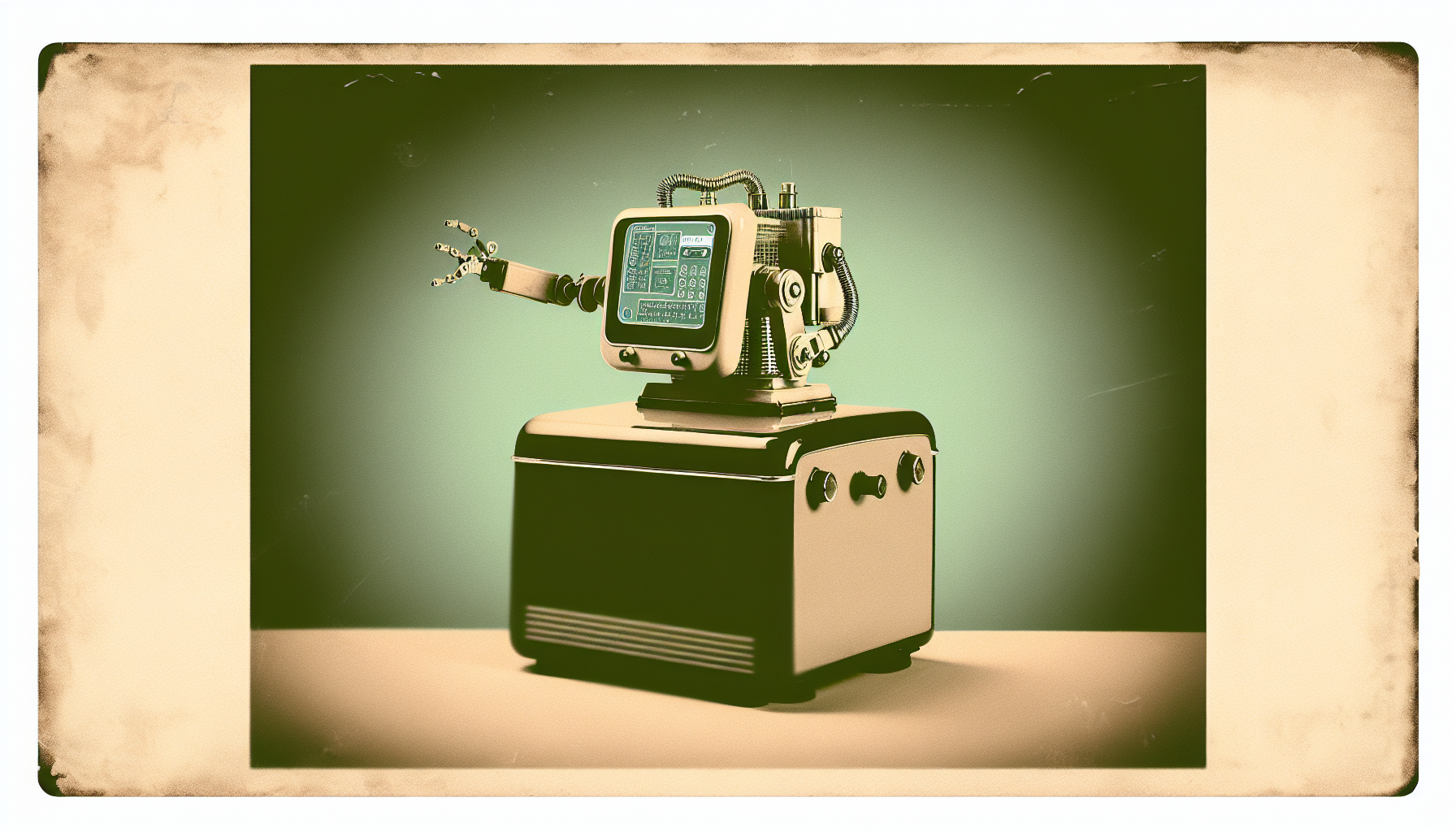Artificial Intelligence (AI) is the rock star of the tech world, with everyone from Silicon Valley moguls to the teenagers next door chattering about its potential. But while AI’s popularity might have soared faster than your morning caffeine kick, it’s essential to pause and consider the deeper implications and ethical questions surrounding its shiny new presence in our everyday life. Specifically, let’s dig into the intriguing world of machine morality and the ethics of AI decisions. Spoiler alert: there’s more at play here than just flipping a digital coin.
The Rise of Machine Morality
As AI systems are increasingly involved in decision-making processes, ranging from recommending social media content to determining eligibility for loans, the question of morality comes to the fore. Traditionally, moral decisions have been the exclusive playground of humans, grounded in complex social, cultural, and personal contexts.
However, machines lack that pesky thing called human experience. They don’t have the benefit of reading Shakespeare or, dare I say, pondering the meaning of life over a cup of tea. Instead, they rely on algorithms, data, and predetermined rules to make decisions. This raises the crucial question: Can AI make fair and just decisions?
Programming Ethics into AI: Easier Said Than Done
Attempting to program ethics into a machine is like trying to teach a cat to do yoga—it might stretch in strange directions, but you’re not getting downward-facing dog anytime soon. AI systems operate based on data, so their “ethical compass” is heavily influenced by the input they receive.
Imagine training an AI model using historical data that harbors biases and prejudices. The AI system might inadvertently perpetuate those same unfair practices, serving unintentional discrimination. While it’s tempting to think of AI as objective and impartial, it’s crucial to remember that the data it learns from isn’t always squeaky clean.
Bias: A Thorn in the AI’s Circuitry
An AI’s decisions are often only as unbiased as the data and models they were trained on. And bias, dear reader, is like glitter—once it’s there, it tends to spread everywhere. Recognizing and addressing potential bias in AI systems is a pressing ethical concern that cannot be overlooked.
The goal should be to create transparent AI systems where the decision-making processes can be understood and, more importantly, challenged. This transparency ensures accountability and lends a hand to ironing out any prejudicial wrinkles in AI’s tapestry of reasoning.
The Enigma of Autonomy vs. Oversight
There’s a delicate dance between autonomy and oversight in AI decision-making. While we might marvel at AI’s capabilities to perform tasks independently—sometimes faster and more efficiently than humans—the notorious question of whether they should be allowed autonomy arises.
AI systems possessing a high degree of autonomy could potentially make decisions with significant implications, such as in military applications or healthcare diagnostics. As delightfully futuristic as it sounds, giving AI free rein is akin to giving a toaster full control of your breakfast menu. Just because it can do it doesn’t mean it should.
Why Human Judgment Matters
While AI can crunch numbers, analyze patterns, and predict outcomes with dazzling speed, it lacks a human’s ability to factor in intuition, empathy, and emotional intelligence—qualities that often drive ethical decision-making. These uniquely human attributes provide context and depth that machines, with all their zeros and ones, simply do not possess.
A hybrid approach, combining AI’s computational prowess with human judgment, can lead to better-informed, ethical decisions. This symbiotic relationship leverages the strengths of both parties, ensuring that AI acts as an assistant rather than an arbiter.
Ensuring Ethical AI: A Collective Responsibility
Ensuring that AI makes ethical decisions is not a task for manufacturers alone. It requires a collective effort involving policymakers, developers, users, and society at large. Establishing robust ethical guidelines, promoting diversity in tech development, and continuously assessing AI systems are crucial steps in this journey.
Moreover, education plays a vital role. Empowering individuals to question and understand AI’s decisions fosters a vigilant and informed society capable of holding AI accountable. If only academia offered courses in “AI Decision-Making 101,” complete with lectures from our benevolent machine overlords, right?
Conclusion: AI and the Moral Maze
The ethics of AI decisions weave a complex and ongoing narrative that is far from reaching its epilogue. Navigating the moral maze of machine decision-making is a challenge that must be met with careful consideration, innovation, and above all, humanity.
As AI continues its rise, blending seamlessly into the fabric of modern living, we must remember that technological advancement is a powerful tool—a double-edged sword fashioned in silicon. The path we carve today will shape the contours of AI’s morality, making it paramount that we wield it with responsibility, inclusivity, and a touch of humor to remind us that while AI may be made in our image, it is, thankfully, not infallibly human.

Leave a Reply